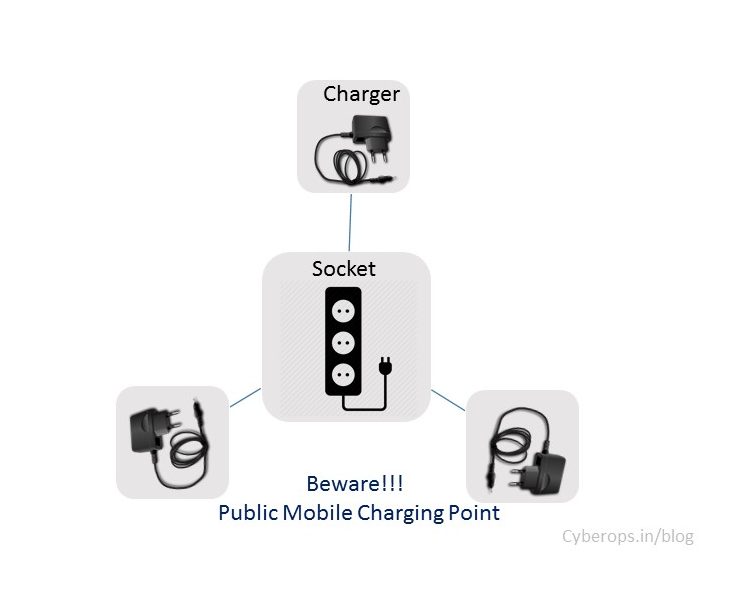Your phone can be hacked in minutes through public mobile charging points
By Prempal Singh

The smartphone can be easily hacked if you in wired mode to charge via USB at a public place like an airport, cafe or on public transport.
Experts at security firm Kaspersky Labs found that they could install a third-party application, like a computer virus, onto the device via the USB cable connection to a computer. It took them under three minutes.
Additionally, they found that the Android and iOS mobile phones tested leaked a web host of private data to the computer they were linked to whilst recharging, including the device name, device manufacturer, device type, serial number and even a set of data files.
It’s well known that public Wi-Fi connections are a security risk, as this iPhone-crashing bug appeared, but USB connections to PCs are the major vulnerability. This idea was proposed by hackers as a theory in 2014 but never proven. This kind of new research shows this vulnerability is still open up.
“The security risks here are obvious if you’re a regular user, you can be tracked through your device IDs; your phone could be quietly packed with anything from adware to ransomware. And, if you’re a decision-maker in a huge company, it would be easy to become the target of professional hackers, ” said Alexey Komarov, the researcher at Kaspersky Lab.
“And you don’t have to be highly-skilled to be able to perform such attacks, all the details you need may easily be found on the Internet.
Hackers have previously exploited this connection in 2013, Italian hackers known as “The Hacking Team” were able to infect a mobile phone with malware through a computer connection.
They drawn the attack based on the device type of the victim, which the hackers managed to get through the USB-connected computer. “That would not have been as easy to achieve if smartphones performed not automatically exchange data with a PC after connecting to the USB port, ” Kaspersky Labs said.
How to protect yourself
- Only plug your phone into trusted computer systems, using trusted USB cables.
- Protect your mobile phone with a password, or with another method such as fingerprint recognition, and don’t unlock it while charging.
- Use encrypted software like WhatsApp and iMessage to communicate.
- Antiviruses can be a bore, nevertheless, they help to discover malware even if a “charging” vulnerability is used.
- Upgrade your mobile operating system to the most recent version, as that will have the most up-to-date bugs fixes.
Source: www.telegraph.co.uk

